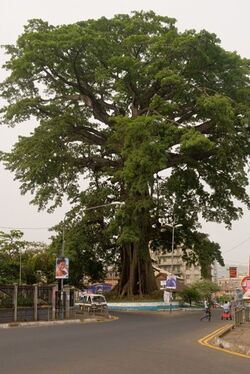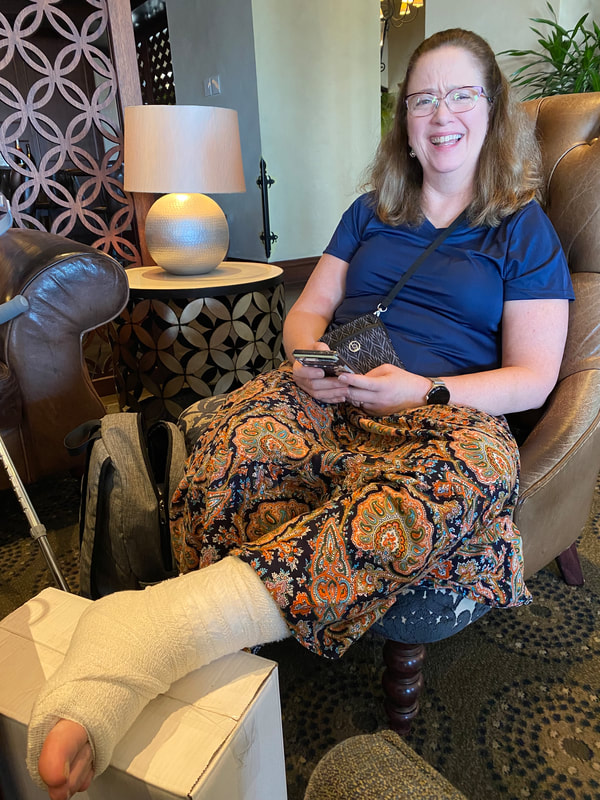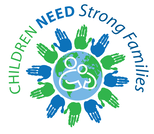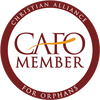 I posted about the Cotton Tree in Freetown falling in a recent storm on HCW's regular blog, but I can't get it out of my mind and how it connects to the overarching metaphor we're working with in The Root of it All. Anyone who is familiar with Sierra Leone at all knows the giant Cotton Tree that stood in the center of the capital city for more than four centuries. A symbol of peace and freedom, the legend is that newly freed slaves from the UK and the US stood beneath the tree to pray in gratitude for their freedom. The tree has been a place where Sierra Leoneans have continued to gather and pray. In Mozambique, as our film crew explored possible titles and guiding metaphors for the film, we were operating first with the idea of Kintsugi - the Japanese art of repairing broken pottery with silver or gold to make something transformed out of brokenness. We even found lots of mosaics we thought could serve as a similar visual while shooting b-roll footage in Maputo, but somehow it didn't quite fit. Toward the end of our trip, Sam shared a story about a piece he'd done about seeds, and I shared a story about a sermon I'd heard then Rev. Tom Berlin preach after the tragic death of a child in our congregation - about the importance of deep roots in strengthening a community so that when waves of crisis and tragedy come - as they will - the roots are deep and resilient. That's how we came to "The Root of it All" - family. Knowing we'd be shooting next in Sierra Leone in July, we made plans to visit the Cotton Tree. I can't believe that when we get there in July, we won't be able to do that. Sam and Mariana will never get to see that magnificent tree as it was. And I'm wondering what this loss has to tell us in light of the story of family and resilience that we're trying to tell. Many people don't know this, but the Freetown Cotton Tree is actually a Kapok tree. Kapok trees can grow up to 150 feet tall, and the emergent crown of the Kapok, unshielded by its diminutive neighbors, stands ready to catch any large gust of wind that might come along. And, with a shallow root system common among tropical rainforest trees, the Kapok faces the very real danger of toppling over during storms that occur frequently across the tree’s geographic range. That is indeed what happened to the beloved Cotton Tree. I'm not a gardener (far from), but the lesson I'm taking away is this: we need to focus on strengthening the roots of children's lives - their families. I know that when I water new trees in my yard, I'm focusing on getting water to the roots of the plant, not the leaves. If I water the roots, they will take care of the branches and the leaves. If we pour into families, find ways to strengthen and empower them - they will care well for their children. They'll set down deep roots so that they can be resilient against the storms that just come with life. We ran into Nyamah Dunbar of Liberia during GBGM's conference with the African Bishops in Mozambique and she graciously agreed to be interviewed on the crucial role of tracing families for individuals separated from them. Additional footage from this key interview is sure to be included in the 'Root Of It All', a documentary releasing next year that follows the journey of George Kulanda and David Musa, two social workers from Sierra Leone, as they shed light on the foundational importance of family across Africa. In our first week on the ground, we prayed for inspiration, listened for information, shared perspectives, personal stories, concerns, and supported one another in our quest for better understanding of the challenges in the field. We gathered the best ideas, images, interviews, and information to document those challenges.
We had immediate challenges of our own. None of us really spoke Portuguese, the common language of Mozambique, although a few had some experience with the language. None of us had been to Mozambique in the past, and did not know a sole living there. Those proved to be less of a problem for us than anticipated, as many people living in Mozambique were familiar with our language barriers and had work arounds. Plus, we were introduced to a wonderful new extended family in the friends we made along the way. We had physical illness, serious injury, travel fatigue and time zone issues to combat that first week. But, we also had discovery, delight, friendship, fellowship, common worries, and shared dreams, We grew the branches of our family trees, while nurturing our roots. We came from four directions, United States, United Kingdom, Sierra Leone, and Finland, to unit at the airport in Ethiopia and travel on to Mozambique! In the first week, we formed our team, overcame jet lag and language barriers, and set our agenda.
A Radically Honest ConfessionAfter the 2020 Rising Tides event, Helping Children Worldwide made a commitment to pull together a comprehensive toolkit of available resources for global advocates in child care reform. We had convinced many organizations to follow our lead, and now they wanted to know how they should go about doing that and end up where we were. We shared our story proudly, with radical honesty, but our journey was so full of potholes and rabbit holes we didn’t want to send others following us down the exact same path.
We want instead to offer people transitioning orphanages to family preservation and permanency centers the kind of resources we wish had been available when we and our partners in Sierra Leone linked arms and stumbled through the work together with best intentions, great faith and a lot of trial and error. Child development research and statements of child rights were decades old when we began to reintegrate children into families. We thought we were lagging behind the curve. Perhaps the lack of supports available to us to guide that work should have been a clue that we were actually on the leading edge of the change. There are many well-funded organizations and professional agencies involved in this work now. There are tools galore, in fact the sheer number of tools may be adding to the confusion. Our hope is to make a comprehensive roadmap for accessing the resources being developed. And to help those advocating reform and change-makers to overcome the obstacles, demonstrate success, and enlist others into the global reform movement. Our ultimate goal for this film is to describe the reasons that shifting from institutional care to family permanency, family strengthening and family support programs is the well-founded best practice for caring for orphans, to normalize challenges encountered in the shift, and to encourage perseverance by leaders and practitioners, despite many challenges in making the shift. We want to do more than explain the rewards of perseverance, we want to motivate and persuade every person in the sector to become an advocate for change. We started with several working titles for this story of change and transformation. We were seeking that creative spark that would give our film a central theme to build on that would characterize the message we want people to take away from the film. We need to connect the message of the film to the core of the shared human experience, to make an intellectual and a spiritual connection to the goal of permanency for children and strong families for communities. |
What You Cannot Do Alone, You Can greatly Influence, if you choose.In the spirit of our core values of Radical Faith, Radical Courage, and Radical Trust, in 2022, Helping Children Worldwide asked ourselves what more we could do to end the global family separation crisis. We have been sharing the experience of our partnership with the Child Reintegration Centre in Sierra Leone for years, and finding that alone had made a huge impact. The more we tell that story, the more people who show up to help. That is why we made a bold suggestion to our friends at First Fruit, that they underwrite a documentary on the story of transforming global orphan care to family permanency models. They agreed. Archives
February 2024
Categories |
Helping Children Worldwide is a 501 (c) 3 nonprofit organization | 703-793-9521 | [email protected]
©2017 - 2021 Helping Children Worldwide
All donations in the United States are tax-deductible in full or part. | Donor and Privacy Policy
©2017 - 2021 Helping Children Worldwide
All donations in the United States are tax-deductible in full or part. | Donor and Privacy Policy



 RSS Feed
RSS Feed





